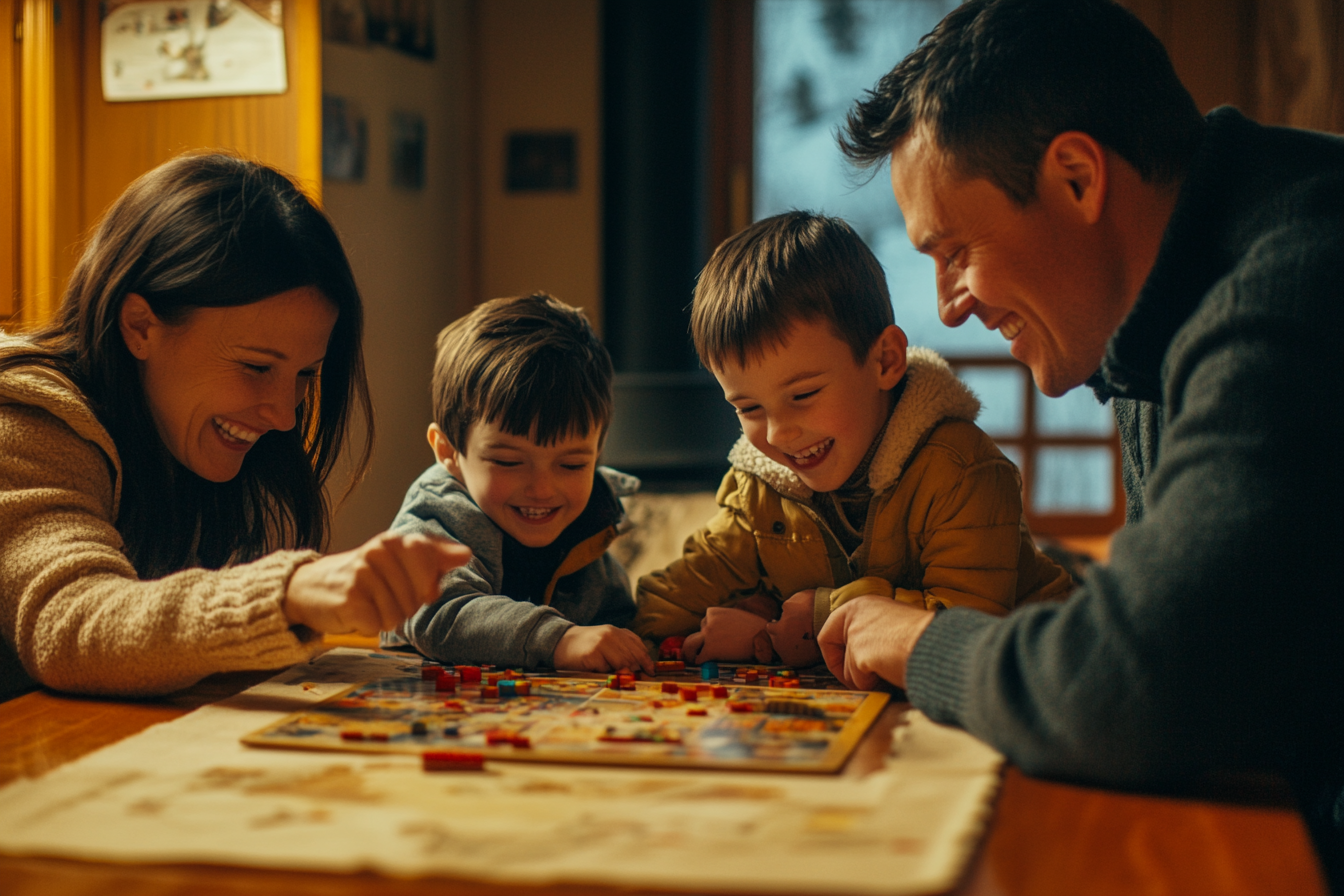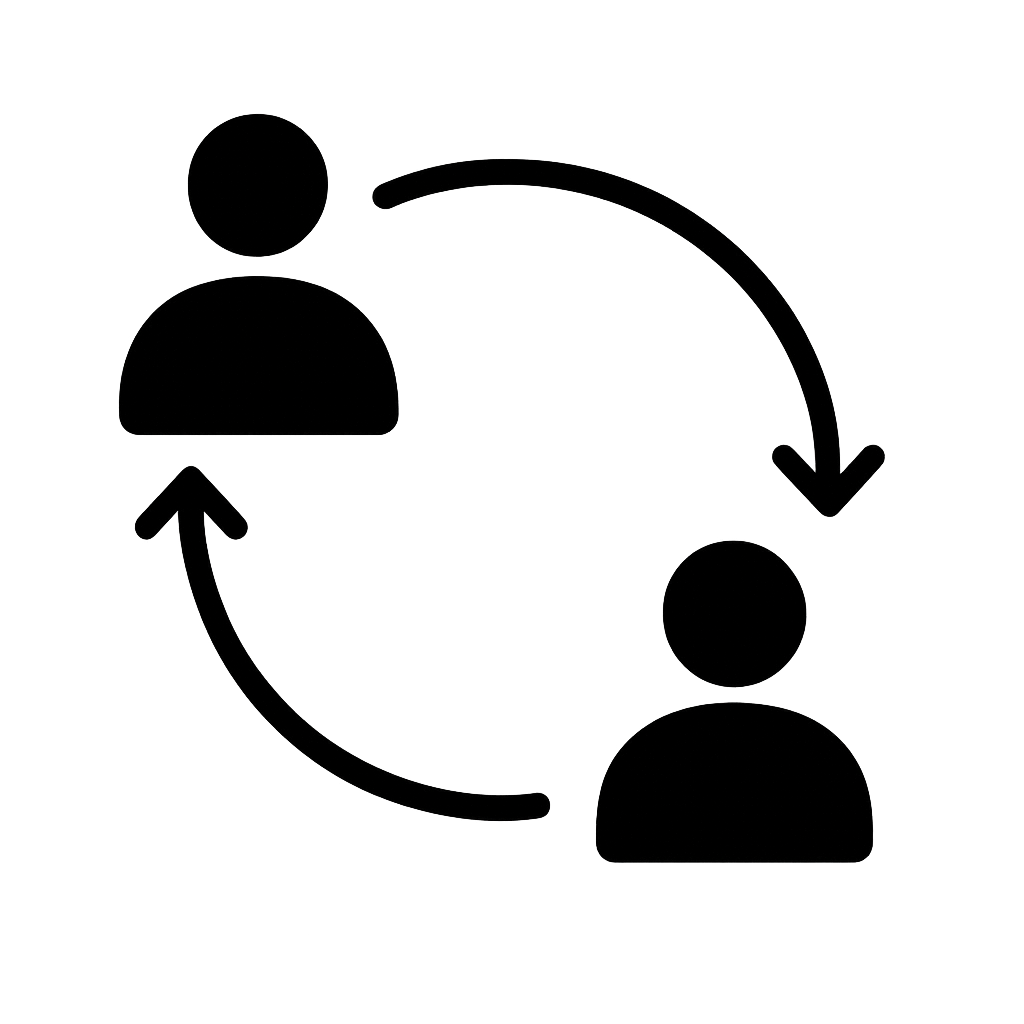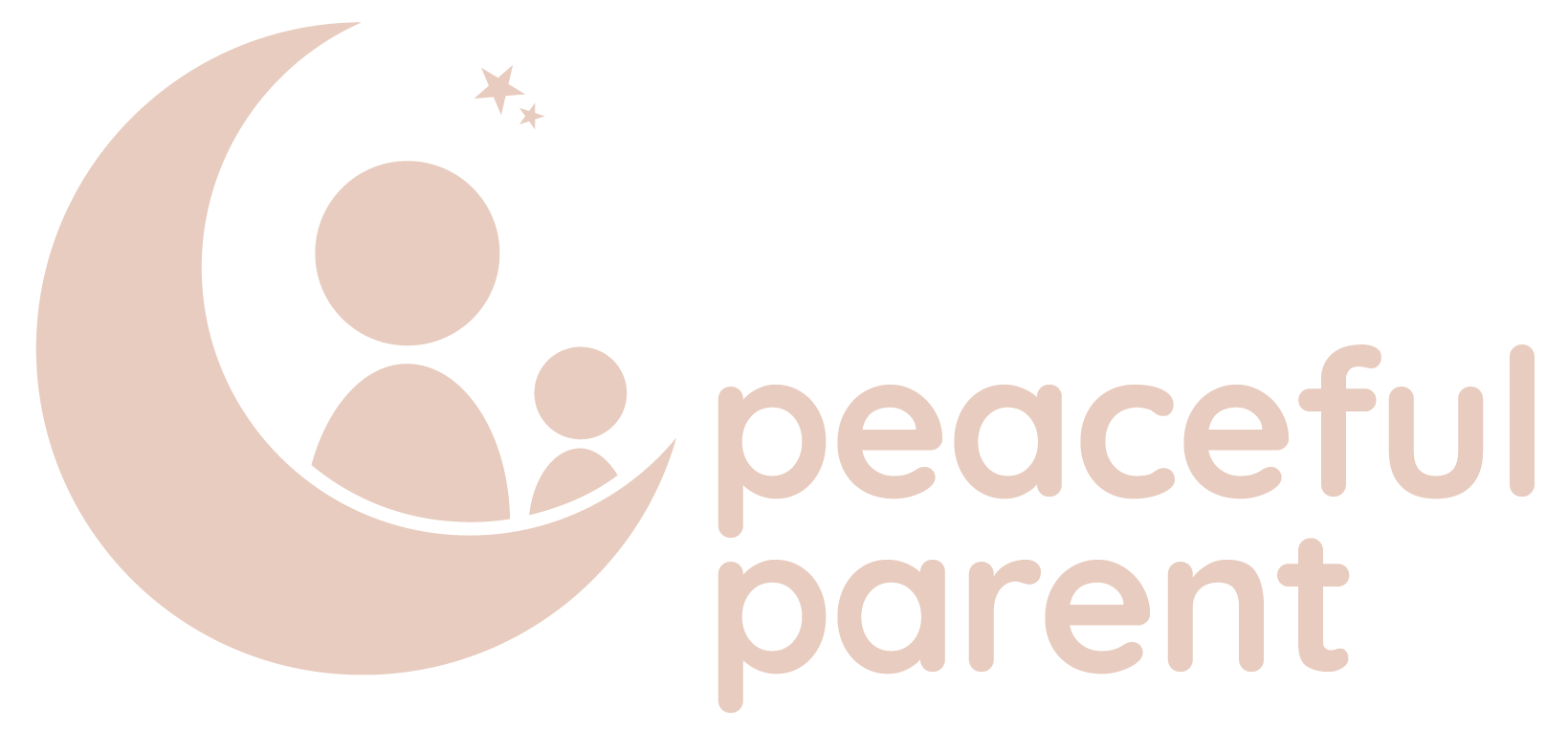Parenting That Works in Real
Homes with Real Children
A practical approach to creating connected families and confident kids—no perfection required
Parenting That Works in Real Homes with Real Children
A practical approach to creating connected families and confident
kids—no perfection required
Understanding the Heart of
Peaceful Parenting
At Peaceful Parent, we believe that behavior is communication. When children act out, they're not giving us a hard time—they're having a hard time. This fundamental shift in perspective changes everything.
Traditional parenting often focuses on controlling behavior through rewards and consequences. While this may create temporary compliance, it misses the opportunity to address the real needs beneath the behavior.
Our approach centers on connection first, teaching second. When children feel understood and emotionally safe, they become open to guidance. This doesn't mean permissiveness—it means building the relationship foundation that makes effective teaching possible.
The result? Children who cooperate because they feel respected rather than feared, who develop internal motivation rather than dependence on external rewards, and who learn emotional regulation skills that will serve them for a lifetime.
Understanding the Heart of Peaceful Parenting
At Peaceful Parent, we believe that behavior is communication. When children act out, they're not giving us a hard time—they're having a hard time. This fundamental shift in perspective changes everything.
Traditional parenting often focuses on controlling behavior through rewards and consequences. While this may create temporary compliance, it misses the opportunity to address the real needs beneath the behavior.
Our approach centers on connection first, teaching second. When children feel understood and emotionally safe, they become open to guidance. This doesn't mean permissiveness—it means building the relationship foundation that makes effective teaching possible.
The result? Children who cooperate because they feel respected rather than feared, who develop internal motivation rather than dependence on external rewards, and who learn emotional regulation skills that will serve them for a lifetime.
Backed by Research, Proven in
Real Homes
The Peaceful Parent approach isn't just intuitive—it's supported by decades of research inchild development, neuroscience, and psychology:
Brain Development: Studies show that children's developing brains are particularly sensitive to stress. Connection-based parenting creates the optimal environment for healthy brain development by reducing stress hormones and supporting neural integration
Attachment Theory: Secure attachment forms the foundation for emotional health and resilience. Our tools help strengthen the parent-child bond even during challenging moments.
Emotional Intelligence: Research demonstrates that children who can identify and regulate their emotions have better outcomes in school, relationships, and mental health. Our approach prioritizes emotional skill-building over simple behavior management.

Most importantly, our methods are tested and refined in the real world—in homes with multiple children, busy schedules, parental exhaustion, and all the messy reality that comes with family life.
Backed by Research, Proven in Real Homes
The Peaceful Parent approach isn't just intuitive - it's supported by decades of research in child development, neuroscience, and psychology:
Brain Development: Studies show that children's developing brains are particularly sensitive to stress. Connection-based parenting creates the optimal environment for healthy brain development by reducing stress hormones and supporting neural integration
Attachment Theory: Secure attachment forms the foundation for emotional health and resilience. Our tools help strengthen the parent-child bond even during challenging moments.
Emotional Intelligence: Research demonstrates that children who can identify and regulate their emotions have better outcomes in school, relationships, and mental health. Our approach prioritizes emotional skill-building over simple behavior management.

Most importantly, our methods are tested and refined in the real world—in homes with multiple children, busy schedules, parental exhaustion, and all the messy reality that comes with family life.
What Makes the Peaceful Parent
Approach Unique
Traditional Parenting
Focuses on controlling behavior
Relies on rewards and punishments
Prioritizes immediate compliance
Parent as authority figure
Views emotions as problems
One-size-fits-all solutions
Peaceful Parenting
Focuses on understanding needs
Builds intrinsic motivation and values
Prioritizes long-term relationship
Parent as guide and teacher
Views emotions as communication
Customized to your family's needs
Our difference lies not just in philosophy, but in practicality. We translate research-backed concepts into simple, actionable tools that work in the everyday chaos of family life.
What Makes the Peaceful Parent
Approach Unique
Traditional Parenting
Focuses on controlling behavior
Relies on rewards and punishments
Prioritizes immediate compliance
Parent as authority figure
Views emotions as problems
One-size-fits-all solutions
Peaceful Parenting
Focuses on understanding needs
Builds intrinsic motivation and values
Prioritizes long-term relationship
Parent as guide and teacher
Views emotions as communication
Customized to your family's needs
Our difference lies not just in philosophy, but in practicality. We translate research-backed concepts into simple, actionable tools that work in the everyday chaos of family life.
The Three Pillars of
Our Approach
Connect-Pause-Redirect™ System Our signature framework gives you a clear path through challenging moments:

Connect
Establish emotional safety through presence and validation

Pause
Create space for both parent and child to regulate

Redirect
Guide toward better choices from a place of connection
Family Meetings Framework Regular, structured family conversations that:

Prevent
Prevent problems
before they start

Build
Build problem-
solving skills

Connect
Establish emotional safety through presence and validation

Establish
Establish emotional safety through presence and validation
Environment Design Strategy Proactively create spaces and routines that

Support
Support children's developmental needs

Reduce
Reduce unnecessary friction points

Success
Set everyone up
for success

Confidence
Build independence and confidence
The Three Pillars of
Our Approach
Connect-Pause-Redirect™ System Our signature framework gives you a clear path through challenging moments:

Connect
Establish emotional safety through presence and validation

Pause
Create space for both parent
and child to regulate

Redirect
Guide toward better choices from a
place of connection
Family Meetings Framework Regular, structured family conversations that:

Prevent
Prevent problems
before they start

Build
Build problem-
solving skills

Connect
Establish emotional safety through presence and validation

Establish
Establish emotional safety through presence and validation
Environment Design Strategy Proactively create spaces and routines that

Support
Support children's
developmental needs

Reduce
Reduce unnecessary
friction points

Success
Set everyone up
for success

Confidence
Build independence
and confidence
Real Solutions for Your Everyday
Parenting Challenges
Tantrums & Big Emotions : Tools to help children express and regulate intense feelings while maintaining your own calm
Screen Time Struggles : Systems for creating healthy boundaries around technology without constant battles.
Sibling Conflicts : Strategies that teach conflict resolution while building lasting sibling bonds.
Bedtime Resistance : Routines that transform bedtime from a battle into an opportunity for connection.
Morning Mayhem : Practical systems that get everyone out the door with less stress and more cooperation.
Homework Battles : Approaches that build intrinsic motivation and independent learning habits.
Tantrums & Big Emotions: Tools to help children express and regulate intense feelings while maintaining your own calm
Screen Time Struggles: Systems for creating healthy boundaries around technology without constant battles.
Sibling Conflicts: Strategies that teach conflict resolution while building lasting sibling bonds.
Bedtime Resistance: Routines that transform bedtime from a battle into an opportunity for connection.
Morning Mayhem: Practical systems that get everyone out the door with less stress and more cooperation.
Homework Battles: Approaches that build intrinsic motivation and independent learning habits.

Common Questions AboutOur Approach
Does this approach mean no boundaries or consequences?
Absolutely not. Peaceful parenting is actually about setting clear, firm boundaries with empathy rather than punishment. Children still experience natural consequences for their choices, but they're delivered with guidance rather than shame or anger.
Will this work with my strong-willed/spirited child?
The connection-based approach is especially effective with strong-willed children, who often resist traditional authority but respond well to collaborative problem-solving and feeling understood.
How long before I see results?
Many parents notice immediate shifts in their connection with their children. Behavioral changes typically begin within 1-2 weeks of consistent implementation, with more substantial transformations happening over 1-3 months.
What age range does this work for?
Our core principles work from toddlerhood through teens, with age-specific adaptations. We provide guidance on adjusting approaches for different developmental stages.
I was raised with traditional discipline. Will this really work?
Many of our most successful parents were raised with traditional methods. This approach might feel unfamiliar at first, but most parents report that it quickly begins to feel more natural and effective than the methods they grew up with.
Common Questions About Our Approach
We understand lorem ipsum dolor sit amet, consectetur adipisicing elit.
Does this approach mean no boundaries or consequences?
Absolutely not. Peaceful parenting is actually about setting clear, firm boundaries with empathy rather than punishment. Children still experience natural consequences for their choices, but they're delivered with guidance rather than shame or anger.
Will this work with my strong-willed/spirited child?
The connection-based approach is especially effective with strong-willed children, who often resist traditional authority but respond well to collaborative problem-solving and feeling understood.
How long before I see results?
Many parents notice immediate shifts in their connection with their children. Behavioral changes typically begin within 1-2 weeks of consistent implementation, with more substantial transformations happening over 1-3 months.
What age range does this work for?
Our core principles work from toddlerhood through teens, with age-specific adaptations. We provide guidance on adjusting approaches for different developmental stages.
I was raised with traditional discipline. Will this really work?
Many of our most successful parents were raised with traditional methods. This approach might feel unfamiliar at first, but most parents report that it quickly begins to feel more natural and effective than the methods they grew up with.
©Peaceful Parent 2026
All Rights Reserved

©Peaceful Parent 2026
All Rights Reserved
